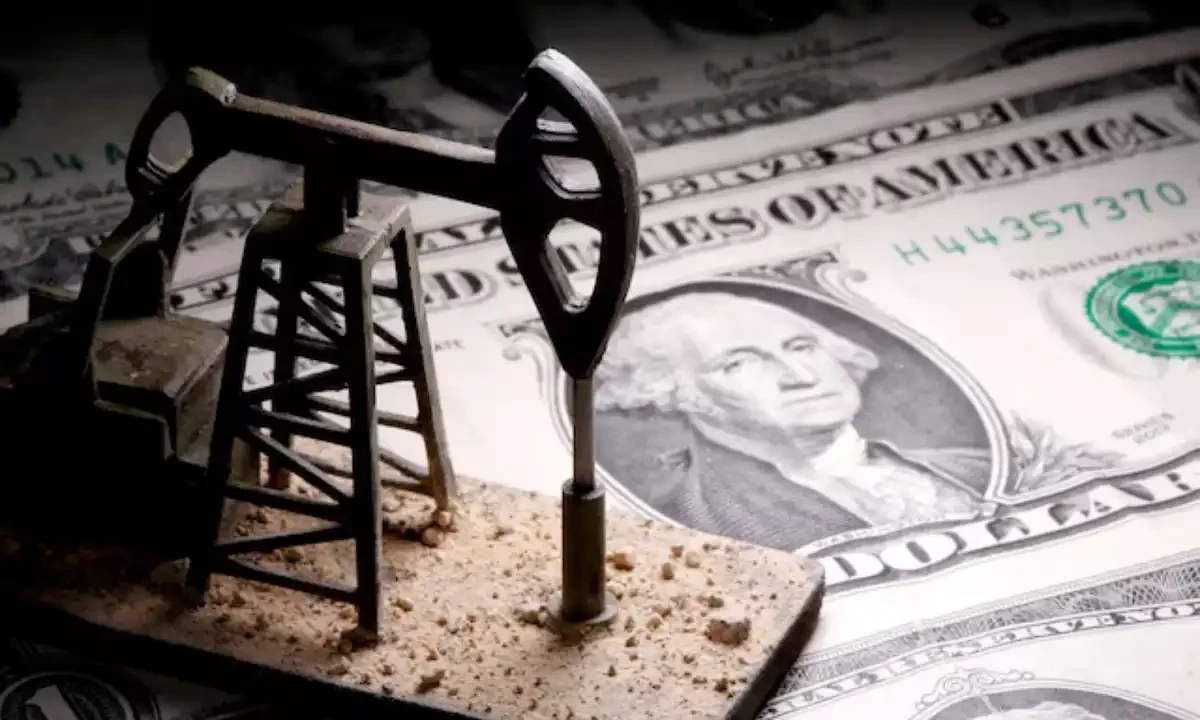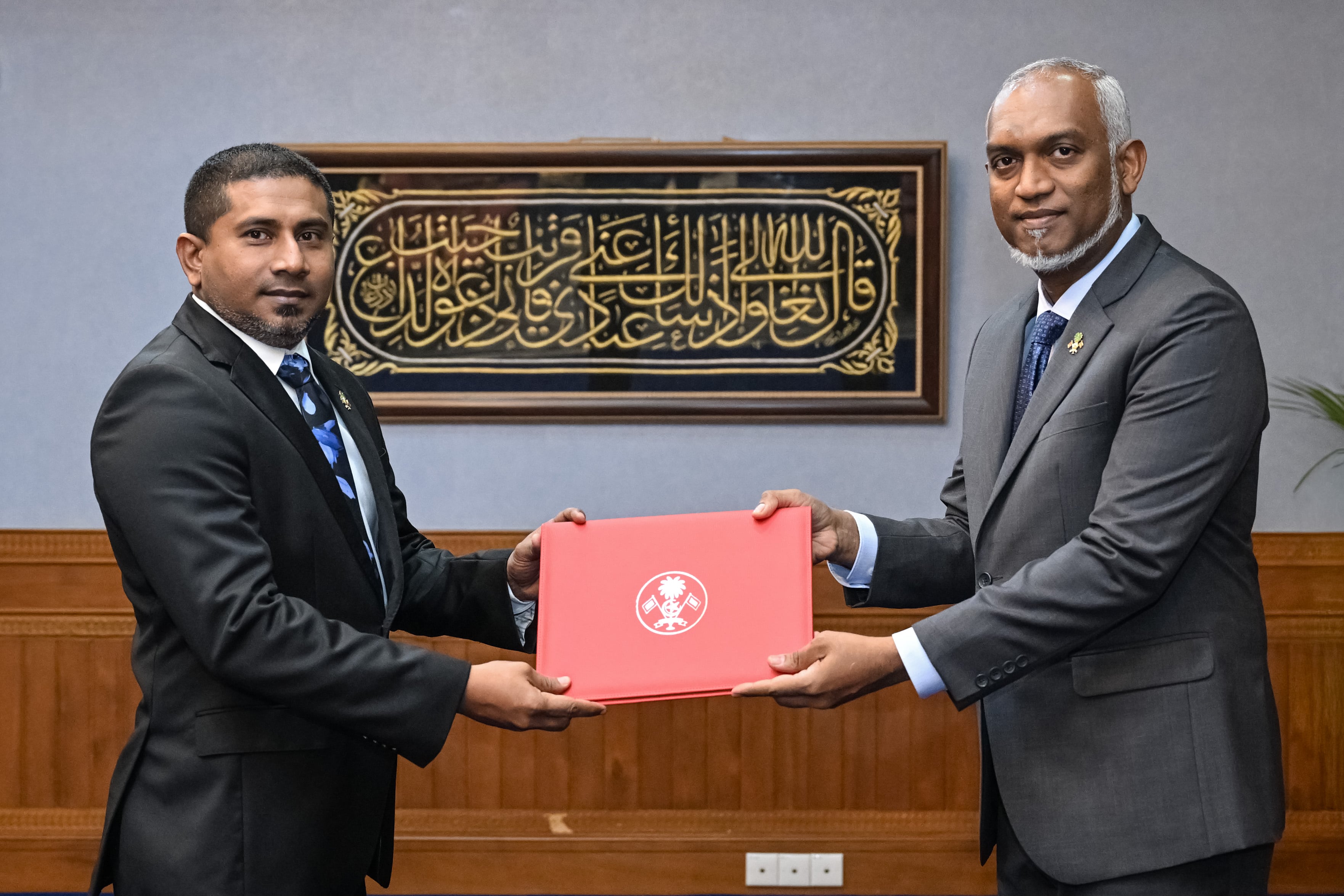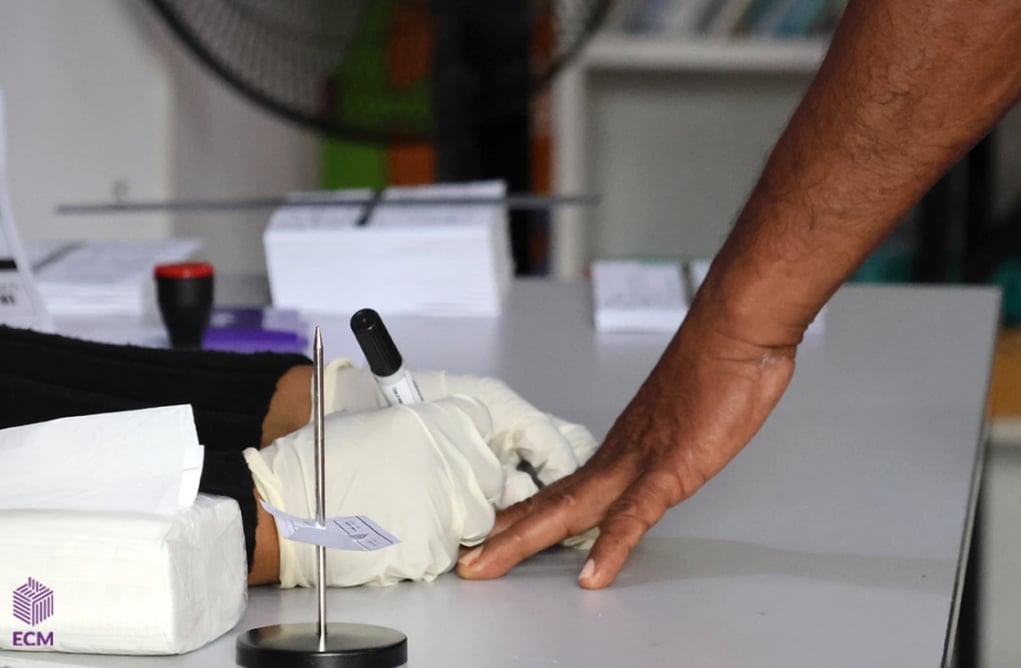In a move with far-reaching implications for global finance and geopolitics, Saudi Arabia has chosen not to renew the petrodollar agreement with the United States, a pivotal pact that has defined the international economic landscape for the past five decades.
The decision, which comes after the expiration of the 50-year-old agreement on June 9, marks a significant departure from the longstanding arrangement between the two nations. The petrodollar system, established in 1974 as a bilateral agreement between the US and Saudi Arabia, mandated that oil would be priced and traded exclusively in US dollars, cementing the dollar's status as the world's primary reserve currency.
Under the terms of the agreement, Saudi Arabia received military support and security guarantees from the United States in exchange for pricing its oil in dollars and investing its oil revenues in US assets, primarily Treasury securities. This symbiotic relationship helped finance US deficits, stabilize the dollar, and solidify America's global economic dominance.
The decision not to renew the petrodollar agreement opens the door for Saudi Arabia to diversify its economic relationships and accept payment for oil in multiple currencies, including the Chinese RMB, Euros, Yen, and Yuan. This move reflects a broader trend towards multipolarity in the global economy and challenges the hegemony of the US dollar in international trade and finance.
The implications of Saudi Arabia's decision are manifold. Firstly, it could lead to increased volatility in currency markets and higher borrowing costs for the US government as the demand for the dollar wanes. Additionally, the end of the agreement may strain the US-Saudi relationship, particularly in terms of military cooperation and security assurances.
Moreover, the decision underscores the shifting geopolitical dynamics in the Middle East and beyond. As Saudi Arabia seeks to reduce its reliance on the United States and forge closer ties with other global powers, such as China and Russia, it may reshape regional alliances and power structures in the process.
While there has been no official confirmation of plans to renew the petrodollar agreement, the termination of this decades-old pact represents a watershed moment in the evolution of global finance.
The decision, which comes after the expiration of the 50-year-old agreement on June 9, marks a significant departure from the longstanding arrangement between the two nations. The petrodollar system, established in 1974 as a bilateral agreement between the US and Saudi Arabia, mandated that oil would be priced and traded exclusively in US dollars, cementing the dollar's status as the world's primary reserve currency.
Under the terms of the agreement, Saudi Arabia received military support and security guarantees from the United States in exchange for pricing its oil in dollars and investing its oil revenues in US assets, primarily Treasury securities. This symbiotic relationship helped finance US deficits, stabilize the dollar, and solidify America's global economic dominance.
The decision not to renew the petrodollar agreement opens the door for Saudi Arabia to diversify its economic relationships and accept payment for oil in multiple currencies, including the Chinese RMB, Euros, Yen, and Yuan. This move reflects a broader trend towards multipolarity in the global economy and challenges the hegemony of the US dollar in international trade and finance.
The implications of Saudi Arabia's decision are manifold. Firstly, it could lead to increased volatility in currency markets and higher borrowing costs for the US government as the demand for the dollar wanes. Additionally, the end of the agreement may strain the US-Saudi relationship, particularly in terms of military cooperation and security assurances.
Moreover, the decision underscores the shifting geopolitical dynamics in the Middle East and beyond. As Saudi Arabia seeks to reduce its reliance on the United States and forge closer ties with other global powers, such as China and Russia, it may reshape regional alliances and power structures in the process.
While there has been no official confirmation of plans to renew the petrodollar agreement, the termination of this decades-old pact represents a watershed moment in the evolution of global finance.


















